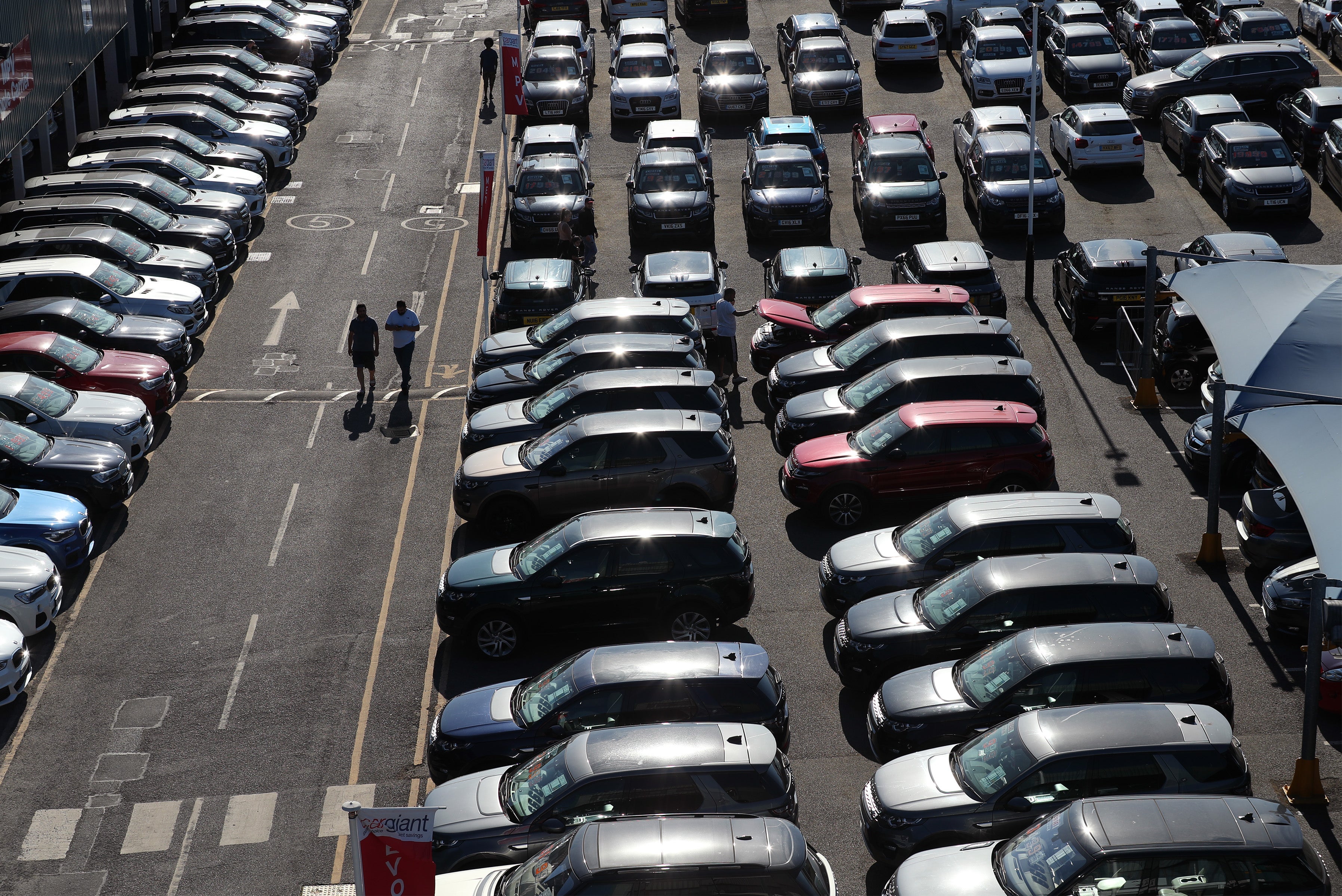Semiconductor shortage pushes new car sales to lowest September this century
Sales of electric cars were bucked the trend and were nearly as high in September as in all of 2019.

Your support helps us to tell the story
From reproductive rights to climate change to Big Tech, The Independent is on the ground when the story is developing. Whether it's investigating the financials of Elon Musk's pro-Trump PAC or producing our latest documentary, 'The A Word', which shines a light on the American women fighting for reproductive rights, we know how important it is to parse out the facts from the messaging.
At such a critical moment in US history, we need reporters on the ground. Your donation allows us to keep sending journalists to speak to both sides of the story.
The Independent is trusted by Americans across the entire political spectrum. And unlike many other quality news outlets, we choose not to lock Americans out of our reporting and analysis with paywalls. We believe quality journalism should be available to everyone, paid for by those who can afford it.
Your support makes all the difference.Last month was the worst September in more than two decades for the UK’s new car sellers as a global shortage of semiconductors pushed down supplies.
New figures show that just 215,312 cars were registered in September. It is more than a third less than the same month last year, which was already low because of the pandemic.
It is the weakest September since 1998, according to the Society of Motor Manufacturers and Traders (SMMT), which compiles the data.
“This is a desperately disappointing September and further evidence of the ongoing impact of the Covid pandemic on the sector,” said SMMT chief executive Mike Hawes.
“Despite strong demand for new vehicles over the summer, three successive months have been hit by stalled supply due to reduced semiconductor availability, especially from Asia.
“Nevertheless, manufacturers are taking every measure possible to maintain deliveries and customers can expect attractive offers on a range of new vehicles.”
Yet the news was better for sellers of electric cars, who managed to shift nearly as many vehicles in just one month as they used to do in a year.
The data show that 32,721 battery electric vehicles (BEVs) took to UK roads for the first time last month. It is just 5,000 less than for the whole of 2019, and BEVs now make up 15% of the market.
The Tesla Model 3 was the best selling of all cars last month, followed by the Vauxhall Corsa and the BMW 3 Series.
Mr Hawes said: “The rocketing uptake of plug-in vehicles, especially battery electric cars, demonstrates the increasing demand for these new technologies.
“However, to meet our collective decarbonisation ambitions, we need to ensure all drivers can make the switch – not just those with private driveways – requiring a massive investment in public recharging infrastructure.
“Chargepoint roll-out must keep pace with the acceleration in plug-in vehicle registrations.”